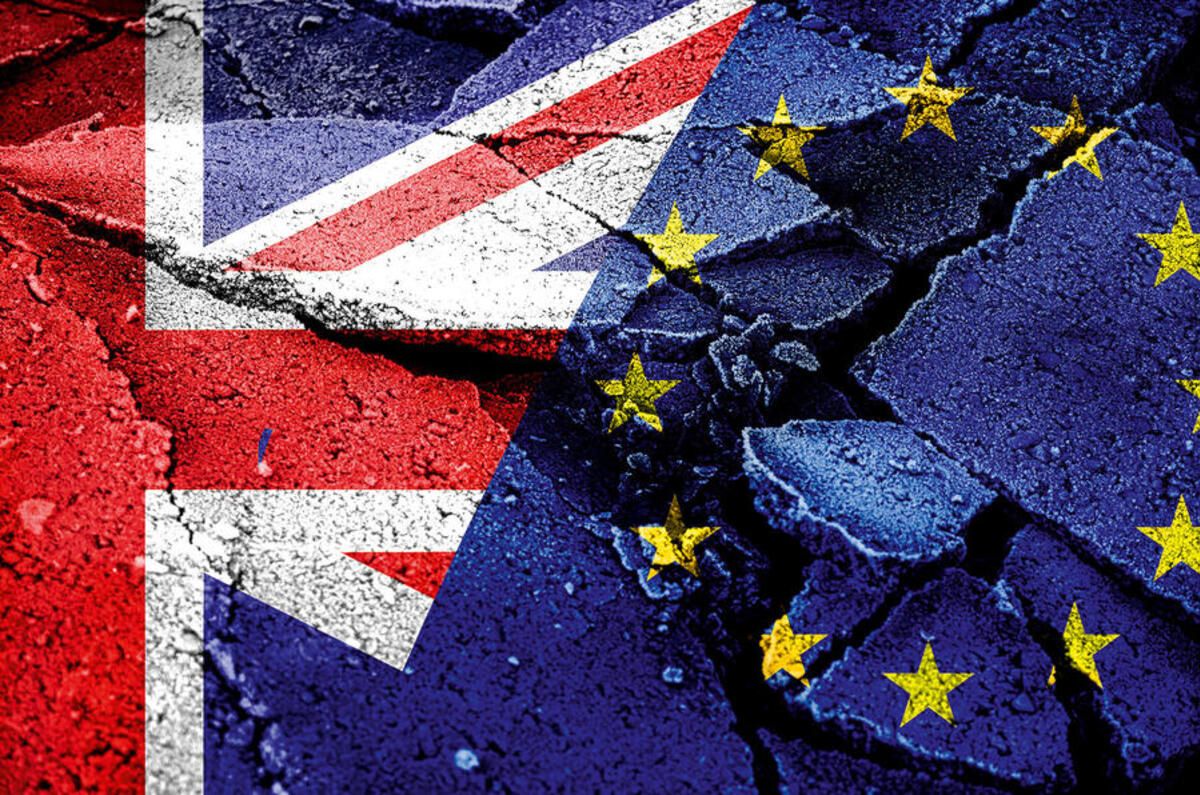A Government proposal for a temporary Customs Union while a Brexit deal is negotiated has been shot down by a European Parliament Brexit negotiator as 'a fantasy'.
The 'innovative and untested' approach would mean that despite levies, imports coming into the UK from the EU would not be subject to a customs border, and that there would be “as few additional requirements on EU trade as possible”, allowing ‘frictionless trade’.
EU officials' rejection of the proposal, which suggests a temporary arrangement similar to the one the UK benefits from as a member of the EU's Customs Union, brings the UK a step closer to the 'hard' Brexit and cliff-edge withdrawal from the single market that Brexit sceptics, as well as Hawes, fear.
Negotiations over the details of Brexit must be completed by the end of March 2019.
The SMMT has scrutinised deals negotiated by other countries on the fringes of the EU (Norway, Switzerland and Turkey) and found that none would offer the market conditions that had helped to bring the UK its automotive success in the past five years. “It’s imperative that the Government remembers this when negotiating. It’s the key to everything,” Hawes said after the referendum result.
Hawes’ views were mirrored by the European Association of Automotive Suppliers (CLEPA), the secretary general of which, Sigrid de Vries, said: “The EU single market represents a fundamental driver of global competitiveness. Vehicle manufacturers and component suppliers are entangled in a highly integrated manufacturing network spanning Europe.
“Tariff and burden-free market access, as well as a stable and predictable regulatory framework, are crucial instruments to sustain the supplier industry’s technology leadership and secure investments and jobs.”
Speaking in response to today’s proposal, SMMT chief executive Mike Hawes said: “It is encouraging that the Government recognises the need for interim arrangements which must be in place until the new relationship with our biggest trading partner is implemented.
”The automotive industry needs certainty to attract investment and make planning decisions, so such a move, if agreed by the EU, would take some time pressure off these difficult negotiations.
“It is also reassuring to see the Government recognise the particular importance of customs arrangements to sectors such as automotive which are subject to rules of origin requirements and operate ‘just in time’ processes. However, to maintain frictionless trade and ensure business only has to adjust to one change, interim arrangements must retain membership of a customs union with the EU and full participation in the single market.





Join the debate
Add your comment
Transition period is right now
The transition period for businesses is right now until March 2019.
On 24th June 2016, businesses found out that the UK was leaving the EU.
Businesses will have had 2 years 9 months to adjust their company operations before the UK leaves the EU. That is a lot of time to make changes.
There won't be an EU after the UK has left. Poland and Hungary will probably leave next once the UK free money tap has been firmly shut.
Ahead of the BBC
Autocar are ahead of the BBC, idea already shot down by the "European Parliament's chief Brexit negotiator". Oh well back to Michelin star 3 course meal in 5 star hotels.
p.s. I think this subject should be left to the news channels until something concrete comes along